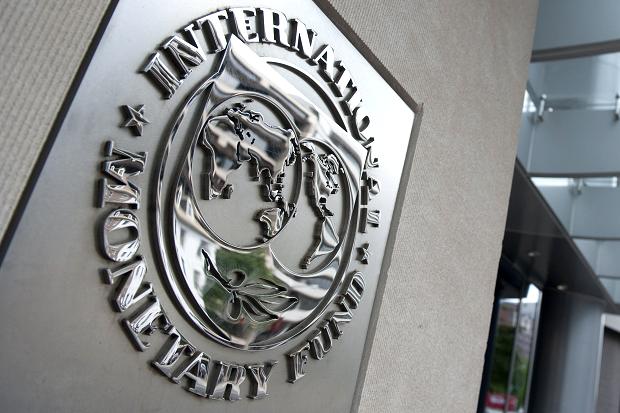 The world’s largest economy was criticised by the International Monetary Fund due to its slow private sector growth and its $85 billion public spending cuts. The IMF is one of several organisations to criticise the country’s approach to reducing its public sector spending, which involves uniform budget caps across several departments.
The world’s largest economy was criticised by the International Monetary Fund due to its slow private sector growth and its $85 billion public spending cuts. The IMF is one of several organisations to criticise the country’s approach to reducing its public sector spending, which involves uniform budget caps across several departments.
The United States plans to reduce public sector spending by almost $1 trillion over the next ten years using blanket budget cuts referred to as a ‘sequester budget.’ The cuts will affect a wide variety of government departments, and have been criticised by the IMF and other groups due to their lack of targeted budget reduction.
The IMF contends that the United States government should focus its budget cuts on government departments that produce little immediate job growth. Putting the cuts on hold, the IMF claims, could produce a 3 percent growth rate for the US this year – a significantly higher figure than the 1.9 percent growth the organisation predicts.
Current budget cuts planned by the United States reduce spending evenly from a wide range of government departments. The IMF claims that budget cuts should focus on reducing pension and healthcare spending, while increasing the amount spent on major infrastructure projects and education.
The organisation claims that reducing spending across the board will limit medium-term economic growth, as departments responsible for large infrastructure projects struggle to deal with reduced spending abilities. Despite its criticisms, the IFM gave the Federal Reserve a positive review for its continued quantitative easing policies.
The IMF has forecast growth of 1.9 percent for the United States during 2013, and a growth rate of 2.7 percent in 2014. The group recommends the United States slow its austerity efforts and instead focus on making slower, reasonable cuts to public services that will not contribute to short and medium-term economic recovery.





